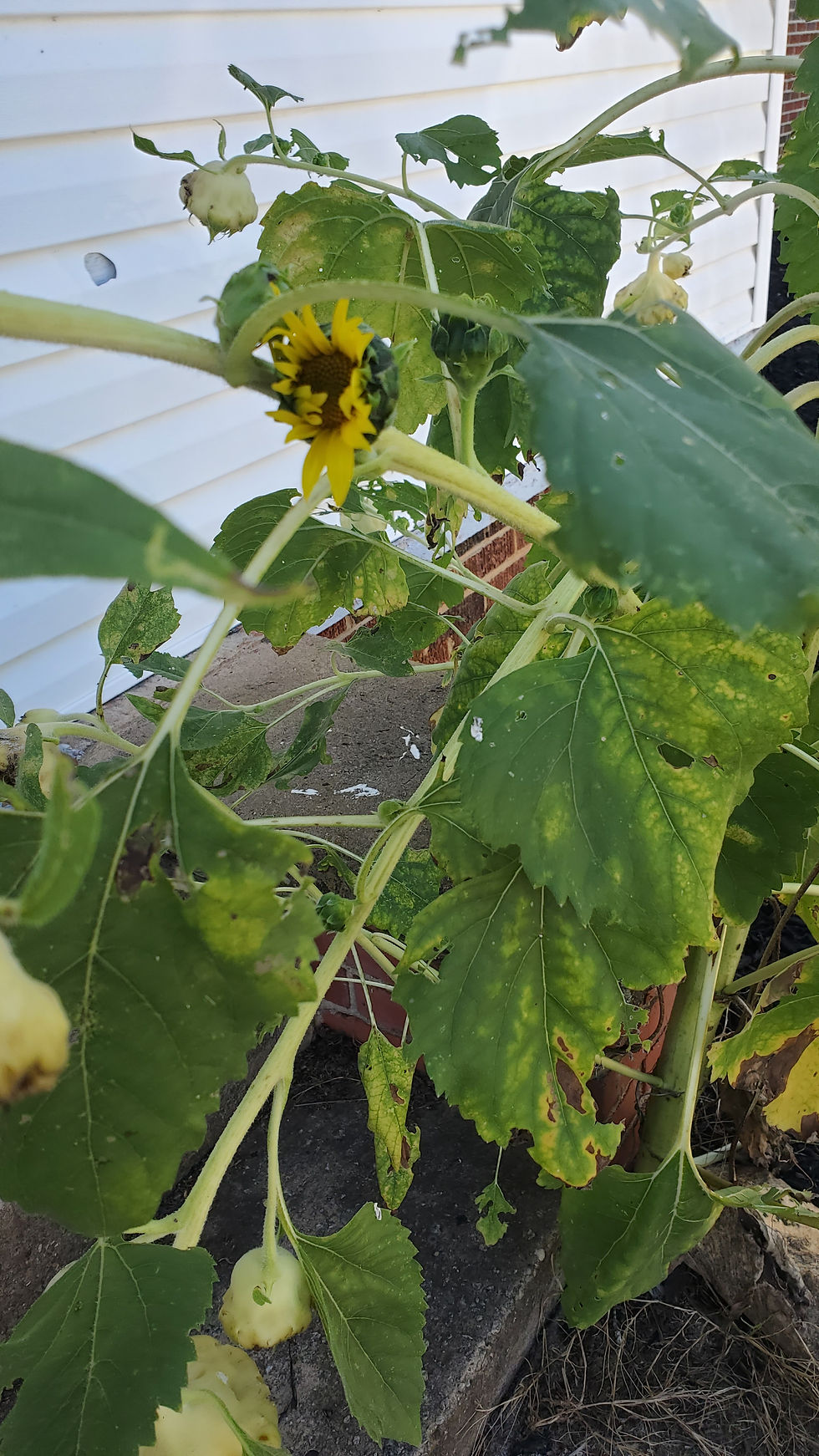The problem with bees
- Scott
- Oct 22, 2018
- 4 min read
A gentle hum filled the air as I entered the children’s building one Friday afternoon. It seemed pleasant, almost like the sound you hear when you stand under a neon sign, or maybe a fluorescent light. At first, that’s exactly what I thought it was. It was then that I noticed something unusual. Right at the door lay three little dead insects, their carcasses testimony to their fruitless efforts to escape. But there were more than three.
Oh, there were many, many more. As I stooped down to see exactly what had infested the building, I was popped square in the forehead by one of the little flying insects. What had overrun the building? I squatted and examined the insect’s corpse.
Honeybees. Thousands of honeybees.
Turns out, some folks down the road had decided to try their hand at bee keeping. When a hive of honeybees is dissatisfied with their accommodations, they apparently do what most of the rest of us do in the same situation: they move. In my case, they found a hole in the exterior wall of our children’s building, right behind the air conditioning units. And then they found a way into the building. And now, they were everywhere. As I stood, I then began to see all the things I didn’t really notice as I walked into the building. Bees on the windows. Bees on the doors. Bees in the air. Bees were everywhere!
I distinctly remember thinking that, of all the things seminary did not prepare me for in church revitalization, bee extraction had to be at the top of the list. I have two days to get these bees out of this building. We only have one place our kids can meet for Sunday School, and it was currently covered with stinging insects! I prayed to myself “Lord, I have no idea what to do here.”
It was then that I remembered that, just a few days prior, I was talking with a fellow co-worker that I was trying to get to know a little better. I was trying to find common interests, when I discovered that he loved to raise beehives (or farm them, or whatever you do with bees). He talked about how expensive hives were, and how he really wanted to get his hands on another hive. I also distinctly remember him saying that it was illegal to kill a hive of honeybees.
So, I called him.
Networking is an essential part of the work of ministry. You simply can’t do good work as a pastor if you don’t build healthy relationships with people who are better than you at almost everything. In fact, that same principle is true in nearly all walks of life, and in the Christian life in general. Those relationships make an enormous difference nearly all the time, but there are certain times when knowing the right person makes all the difference in the world. As I look at this story 3 years later, I am reminded of a couple of important principles about relationships:
1. There really isn’t a such thing as “small” talk – getting to know people, who they are, what they love, and what they do important for at least three reasons. First, you can’t love people well that you don’t know. Part of getting to know people is finding out the things that matter (or sometimes the things that don’t matter) to them. Second, when you get to know people, you can create a virtual (or maybe even a real) database of resources that can be helpful to you, your ministry and the life of your congregation. Third, when those people get to use those gifts, interests and talents to help you, they are often just as blessed by serving as you are by having them available to serve. How do you get to know those things? Common conversation, which some people refer to as “small talk.” In reality, it’s pretty big talk.
2. You don’t know enough – The longer I am around really good leaders, the more I realize that they don’t spend all their time trying to learn every little thing; they spend time cultivating relationships with people who, when you put them all together, know pretty much everything. You will never be an inexhaustible resource of wisdom for the people you lead, so don’t try. Cultivate good relationships.
3. Things that can seem insignificant can make an enormous difference in the long run – I wasn’t super interested in bees, I’ll confess. In fact, I’m not always super interested in many of the things I end up talking about. But, I listen, and pay attention and learn, at least sometimes. And many times, those conversations that didn’t seem to matter much mattered a great deal in the long run.
4. You can’t do it alone – whether it’s getting bees out of a children’s building, or leading a business meeting, or making some series of decisions about the future of the church, you really can’t, and really shouldn’t, do it alone. You need help, and so do I.
Turns out, there is a vacuum cleaner specifically designed to pick up bees. In a matter of hours, the guy that loved bees managed to suck every bee out of our wall. By late evening, the building was bee free, my friend happily went home with a new hive of bees, and I learned an important lesson about church ministry: listen carefully to almost everyone. You may learn something you need later, and you may be able to be a surprise blessing to someone else at the same time. So, listen carefully.

It may even be that what you hear as a gentle hum can turn out to be a blessing to someone else.



Comments